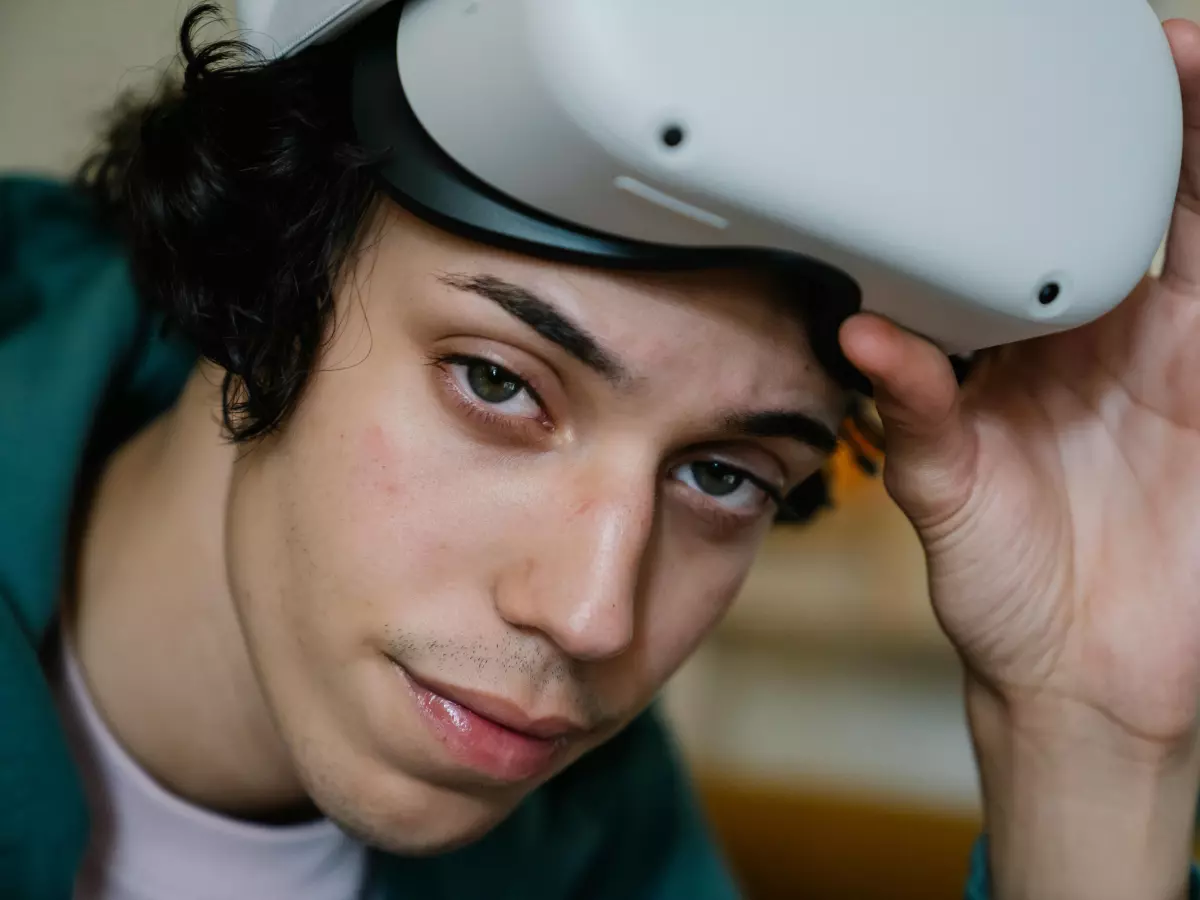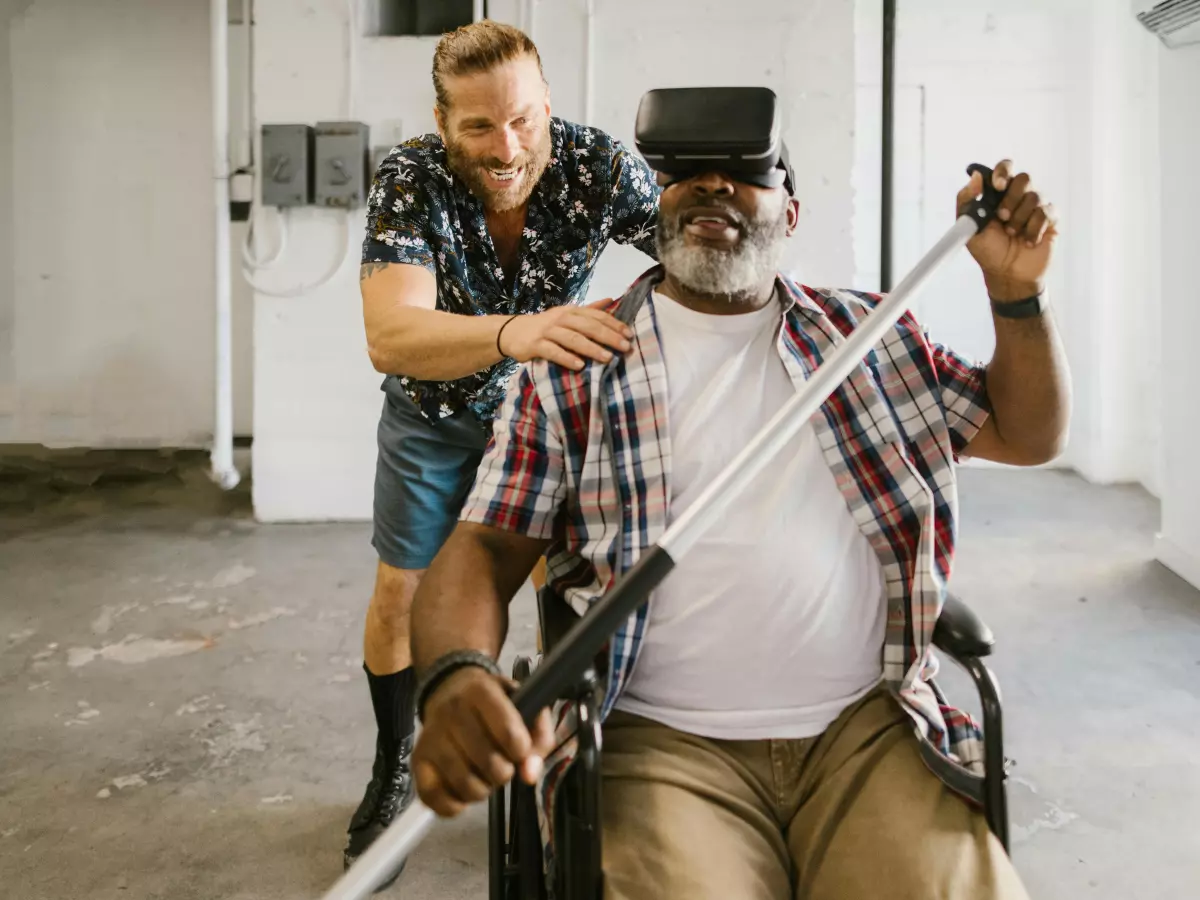AI PCs: What’s Going On?
AI-powered PCs were supposed to be the next big thing, right? Well, not so fast. The excitement that once surrounded these futuristic machines is starting to fizzle out.

By Hannah White
According to Digitimes, the demand for PC chips has significantly cooled off, and the AI-powered PC market is far from meeting the high expectations set for it. The numbers don’t lie—after a brief surge in the second quarter of 2023, the market has hit a wall. And it’s not just a small bump in the road; it’s a full-on slowdown.
So, what happened? Why did the AI PC market, which was supposed to be the next big thing, suddenly lose steam? Let’s break it down.
AI PCs: Overhyped or Underprepared?
First things first: AI PCs are not dead. But they’re definitely not the game-changer that many people thought they would be—at least, not yet. The idea was simple: integrate artificial intelligence into personal computers to make them smarter, faster, and more efficient. But the reality? It’s a bit more complicated.
For starters, AI-powered PCs are expensive. And in a world where inflation is still a concern and consumers are tightening their belts, dropping a hefty chunk of change on a new AI PC isn’t exactly a priority for most people. Sure, businesses might be more willing to invest in these machines, but even they are holding back, waiting for the technology to mature.
Another issue is that the AI capabilities of these PCs aren’t as revolutionary as advertised. While AI can help with things like predictive typing or optimizing battery life, these features aren’t exactly blowing people’s minds. In fact, many users don’t even notice a significant difference between AI-powered PCs and their traditional counterparts.
IC Designers Feeling the Pressure
The slowdown in AI PC sales is having a ripple effect across the tech industry, particularly for IC (integrated circuit) designers. These companies were banking on a surge in demand for AI chips, but now they’re left scrambling to adjust their strategies. The third quarter of 2023 has been especially tough, with many IC designers reporting lower-than-expected growth.
And it’s not just about the AI PCs themselves. The entire PC market is still recovering from a post-pandemic slump. After a massive boom in 2020 and 2021, when everyone was buying new laptops and desktops for remote work and school, the demand has cooled off. People aren’t upgrading their devices as frequently, and that’s putting a damper on the entire industry.
What’s Next for AI PCs?
So, where do we go from here? Is the AI PC dream dead? Not quite. While the market may be struggling right now, there’s still hope for the future. As AI technology continues to improve, we could see more practical and impactful applications for it in personal computers. For example, AI could be used to enhance security features, improve multitasking capabilities, or even revolutionize gaming.
But for now, it looks like the AI PC market is in for a bit of a rough patch. IC designers and PC manufacturers will need to adjust their expectations and focus on making the technology more accessible and affordable for the average consumer. Until then, AI PCs might remain more of a niche product than the mainstream revolution we were promised.
In the end, it’s all about managing expectations. AI PCs aren’t going to change the world overnight, but with time, they could still become a valuable tool for both businesses and consumers. The key is patience—and maybe a little bit of innovation.





